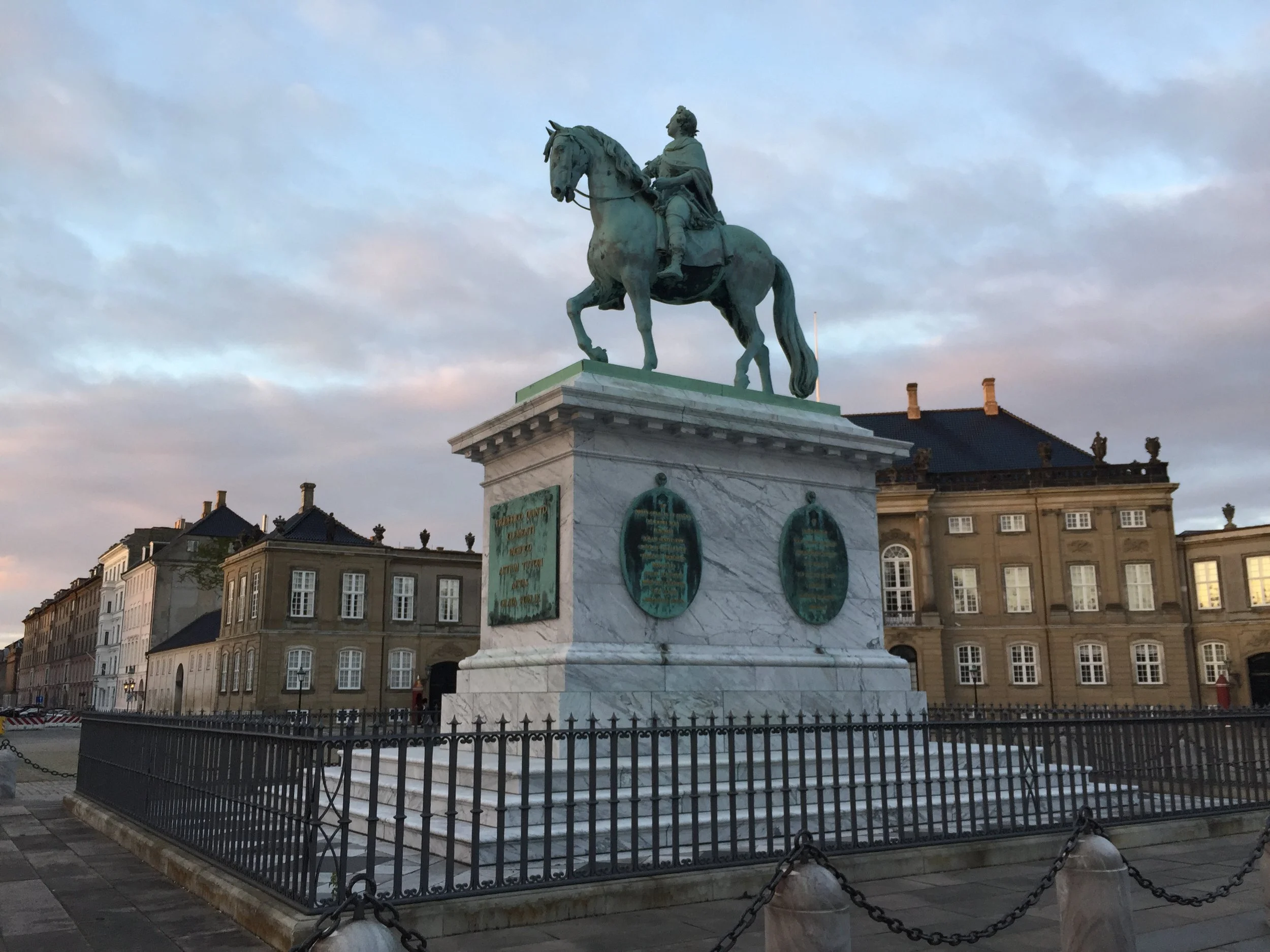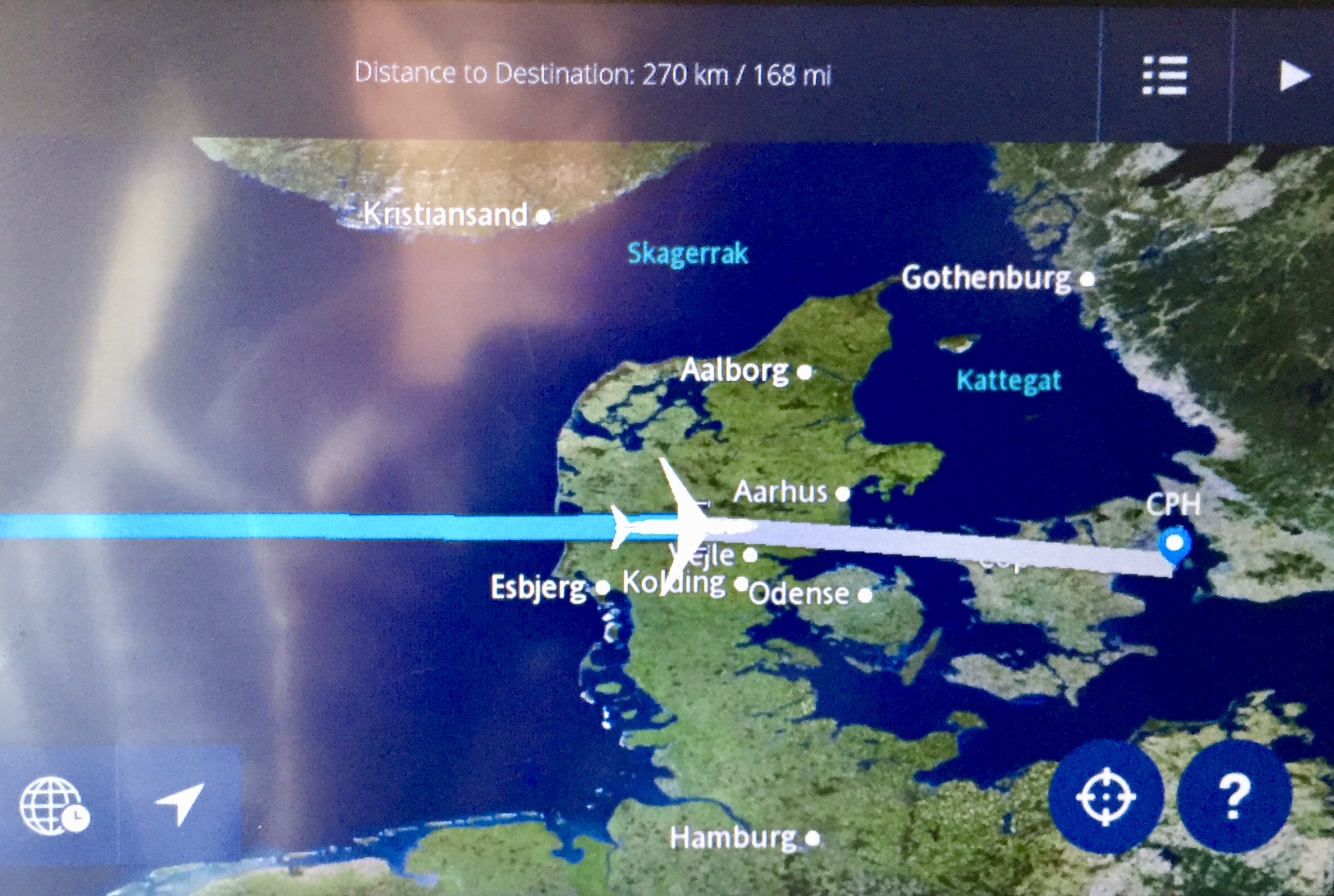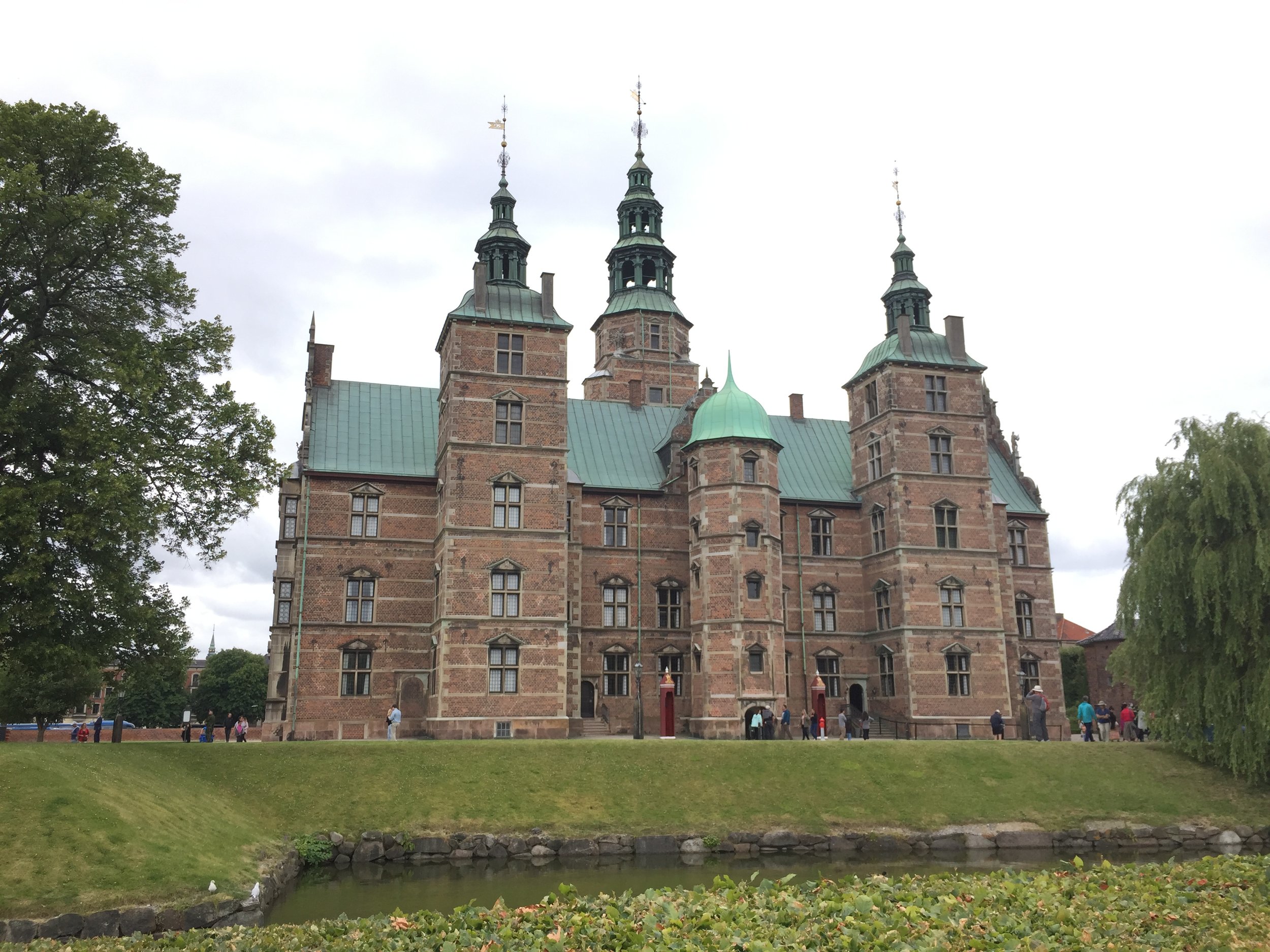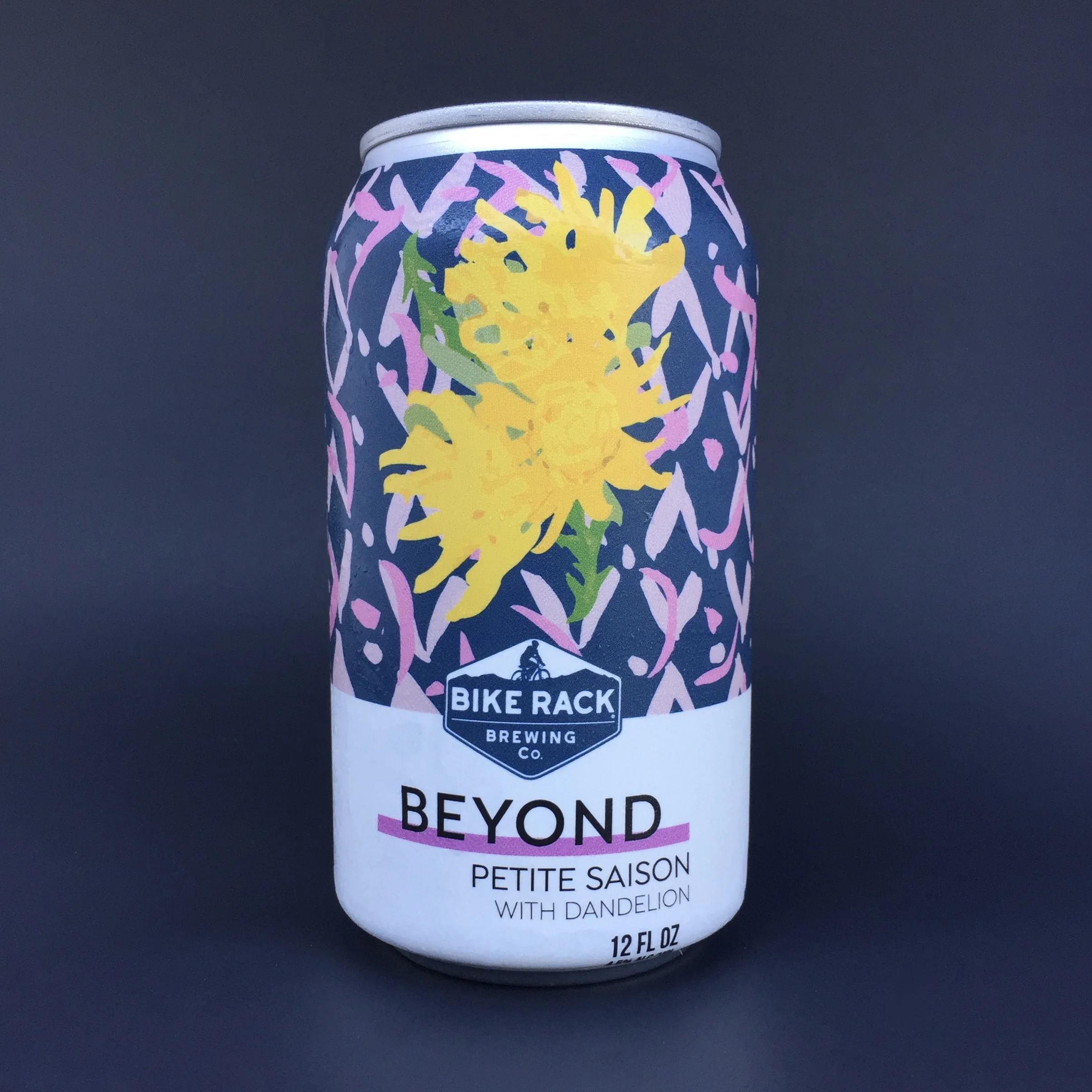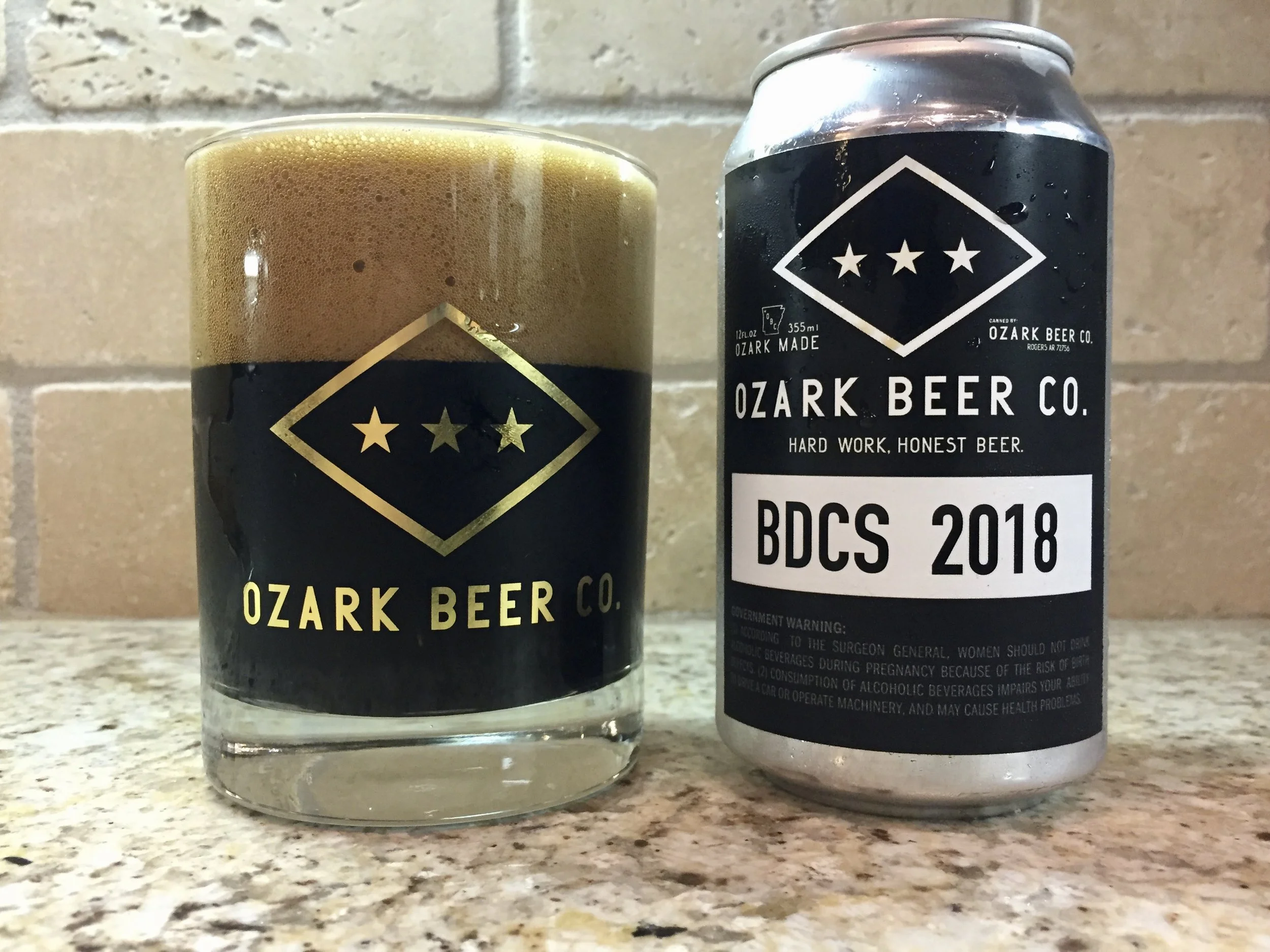Beer beyond Arkansas and the legacy of Anthony Bourdain
Much has already been written since news of Anthony Bourdain's untimely death hit the airwaves a mere 24 hours ago. It is obvious that the man had a huge impact on so many across the globe. The tributes are pouring in from far and wide. Bourdain was an anthropological genius that shed light on the corners of our planet that most of us dared not go ourselves. He stirred our curiosity in places and cultures different than our own and encouraged empathy towards others, particularly those of color. He had the job many of us wanted--globetrotter, documentarian, epicurean, and occasional provocateur. He was in a sense the most interesting man in the world, the Dos Equis version be damned.
For me, travel is a test of internal fortitude and an opportunity to expand our perception of the world. I'm ashamed to say that I haven't traveled as much as I'd like--or as much as I should--but I think about it often, and frequently create hopeful itineraries based on the notion of exploration as growth. A trip to Branson doesn't scratch the itch. A cross-Atlantic flight gets closer to the ideal.
My wife and I often choose domestic travel destinations based on the availability of native beers and a well-developed beer culture. We recently visited San Diego and Portland, and will make our way to Denver, Boulder, and Fort Collins later this year. We applied this same principle when we decided to celebrate my 40th birthday abroad last year, ultimately settling on Copenhagen, Denmark.
Bourdain filmed an episode there in late 2013, and although he decried its billing as the "happiest country on earth," he was clearly smitten with Danish culture. And on top of that the tiny Scandinavian nation makes some of the best beer in the world. So we ordered our passports, booked our flights, and set our eyes on the ancestral home of the Sorensens.
Carlsberg has been around since 1847 and is everywhere in Denmark.
Carlsberg has dominated the Danish beer scene since it was founded by J.C. Jacobsen in 1847. The ubiquitous pale lager was the first beer I bought when we arrived. It's a non-offensive, middle-of-the-road beer that most non-craft beer drinkers would enjoy. It was a capable thirst quencher, but I was happy to check it off my list and move on to more interesting beers.
We stayed in the old part of town near Amalienborg Palace, which is the modern home of the Danish royal family. Fortunately there was a topnotch pub called Black Swan in easy reach of our apartment. With a heavy jet lag we settled in to the cozy watering hole and ordered a couple of indigenous beers. I had "Turf" from Bad Seed Brewing--an American-style IPA with Simcoe, Amarillo, and Chinook hops. The curious thing about Danish brewers is that they are heavily influenced by their American counterparts. They aren't brewing old-world styles, per se. Many of the beers we had in Denmark were familiar in their composition, yet expertly made.
I'll fast forward a bit in an effort to provide the Cliffs Notes and not the unabridged version of our trip.
It was a bit rainy when we arrived at Warpigs. Fortunately the skies cleared before we ventured over to Tivoli Gardens.
Prior to visiting Tivoli Gardens we stopped at Warpigs, perhaps one of the two highest-priority breweries I wanted to see while in Copenhagen. Warpigs is a joint venture between Danish brewer Mikkeller and American brewery Three Floyds. It was a brewpub setup with a Texas-style BBQ restaurant that dished out meat by the pound. The place was humming with happy Danes inside the pub, and once the rain cleared, outside sitting at picnic tables. The vibe matched up with the sentiment of Denmark as the happiest place on earth. And the beer was equally delicious.
The other brewery (or in this case, pub) I was desperate to see while in Copenhagen was Mikkeller & Friends, located in the hipster Norrebro district on the northwest side of town. The neighborhood was filled with coffee shops, parks, and Danes practicing the local custom of "hygge." People relaxed in the comfort of each others' presence, be it over cups of coffee or pints of beer--or sprawled across blankets on grassy fields. Mikkeler was a small and intimate pub with a wide variety of beer from the country's most revered craft brewer.
Mikkeller & Friends was on the bucket list.
I realize Denmark is not exactly the most exotic place to visit in the world. It is, for the most part, a westernized country filled with people who look like me. Most people there speak English and nearly all of the creature comforts found in America can be found there too. But there were a few quirks that reminded us that we weren't home. Bicycles were the preferred mode of transportation. The young men wore tight jean shorts rolled at the bottom. People used forks and knives to eat everything, from hamburgers to BBQ ribs. A couple of locals were seemingly shocked when we picked up our cheeseburgers and tore into them caveman-style.
Next time we travel abroad I hope to pick somewhere more distant in its culture. Maybe Thailand, Malaysia, Bolivia, or Argentina. And although Anthony Bourdain wasn't necessarily a fan of craft beer--"You know, I haven't made the effort to walk down the street 10 blocks to the microbrewery where they're making some fucking Mumford and Sons IPA," he once quipped--I will definitely be looking for the most delicious indigenous beer available.
And when I get there I will raise a pint to toast Mr. Bourdain for how he inspired people to get outside their comfort zones, to eat and drink with natives in faraway lands. The world is a better place for having known him, and his legacy is eternally secure.


